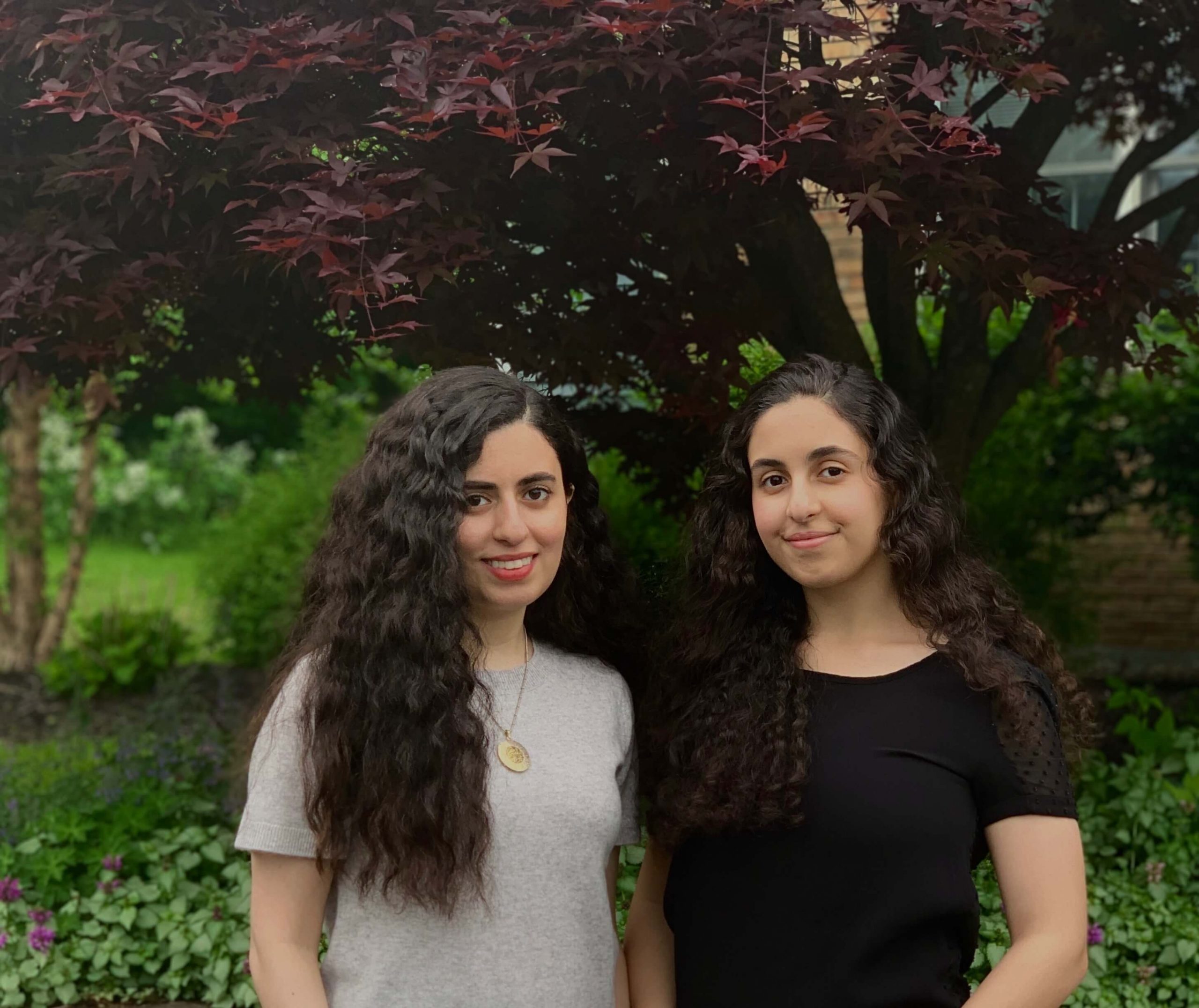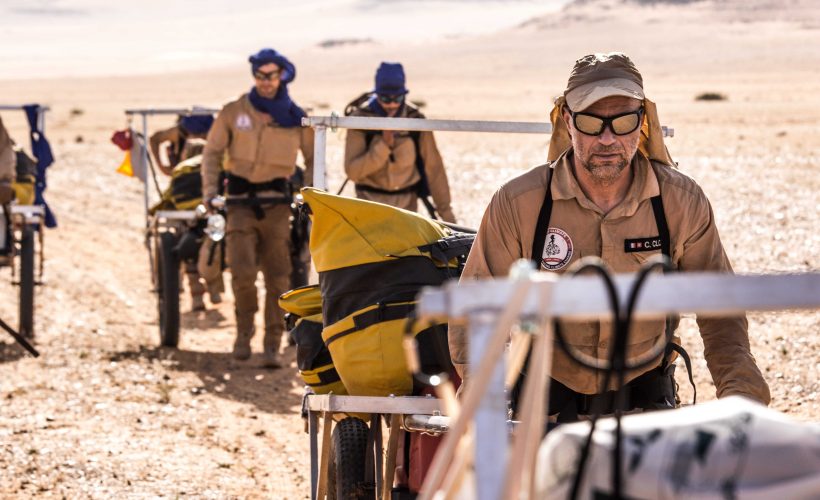Tech & Business
6.10.2020
In Cairo, two sisters provide solar energy to the poor

In Cairo, some underprivileged communities still have to use gas tanks to heat their water, a plague that two Egyptian-American sisters are trying to change with Shamsina, a start-up company that provides cheap solar water heaters to the population in need.
Between classes at university and their entrepreneurs’ life, Deena and Sara Mousa have a busy schedule. While one, Deena, is currently pursuing a degree in ethics, politics, and economics at Yale University, the other, Sarah, is completing a master’s degree in public policy at the Harvard Kennedy School. But most importantly, they are the founders of Shamsina, a start-up company launched six years ago that designs and manufactures affordable and reliable solar technologies for poor communities and provides the public with the tools to implement innovative and clean energy solutions. Since January, their company has been incubated in the Harvard Innovation Lab, a prestigious recognition for these two young entrepreneurs.
How did you get the idea of Shamsina?
While volunteering in unplanned districts in Cairo, Sarah noticed that some families were using kerosene lamps, gas tanks, or even makeshift fires to heat water for everyday needs like taking a bath or cleaning the house. In Al-Darb Al-Ahmar in Cairo, I heard from residents that an international NGO had installed about a dozen makeshift solar water heaters several years ago as part of a short-term project, but because it was a one-time effort there was no way for others to benefit. This sparked the idea behind Shamsina. We wanted to create a sustainable way for people to access affordable, clean hot water at scale.
Can you explain to us how your solar water heaters actually work?
Shamsina is currently developing its third iteration of a solar water heater. Most solar heaters work similarly. They consist of two main units: a storage unit where the water is contained and a panel that helps heat the water. The panel on our heater consists of insulated tubes that heat the water running through them by absorbing the heat of the sun. The beauty of our heater is its simplicity. Shamsina innovates on the traditional flat panel heater by making it more compact, and better suited for local infrastructures.
What is your implementation in Egypt now?
We’ve installed our first iteration of the Shamsina heater in 25 households or organizations, across 8 governorates in Egypt with support from amazing organizations and businesses like Yomken, Nebny, Ruwwad, Hand Over, and more. Our heaters can be found from Dumyat to Sinai, Cairo or Qena. We wanted to make sure to test them in diverse locations—urban, rural, desert, and coastal. We learned a lot from these pilots and took feedback to update both our technology and business model.
You don’t have an engineering background initially, how did you manage to operate in that field which seems a bit technical?
There’s a myth that you need to have a specific technical background to launch a startup, but really the core is a creative idea and the drive to make it happen. Like all startups, Shamsina is a collective effort – our technology is the product of input from multiple engineers, technicians and skilled workers who we are grateful for.
What were the biggest challenges while entering this market?
Understanding your market is crucial – and we have spent years researching and cataloging the problem of energy-poverty to understand our consumers and potential distribution avenues and partners. This work and our resultant understanding of the landscape sets Shamsina apart from other solar energy companies.
How does your business model look like today?
We operate under a cross-subsidy business model, which means that we sell two lines of water heaters. One is for higher-income groups and the other is for lower-income markets. Proceeds from our higher-end heaters contribute towards subsidizing the cost of heaters for energy-poor communities. Our current team is currently of 5 and is set to expand significantly in the coming year as we go into production.
What did you learn being incubated in Harvard Innovation Lab? How did it feel?
Shamsina has been incubated by the Harvard Innovation Labs, as part of their BuildIt program, since January. We are lucky to have mentors and colleagues through the iLab who are really generous in giving feedback on everything from our business model to our presentation technique, and this has been immensely helpful for us. Being incubated by them is humbling – the iLab brings together many talented entrepreneurs from Harvard’s broader community, so for Shamsina to be recognized among them is exciting, it inspires us to keep innovating for social good.
What advice would you give to young entrepreneurs working in the social economy?
One piece of advice we’d like to share is that innovation can be simple. Far more important than the complexity of a solution is how well it is tailored to the problem it is designed to address.
popular

